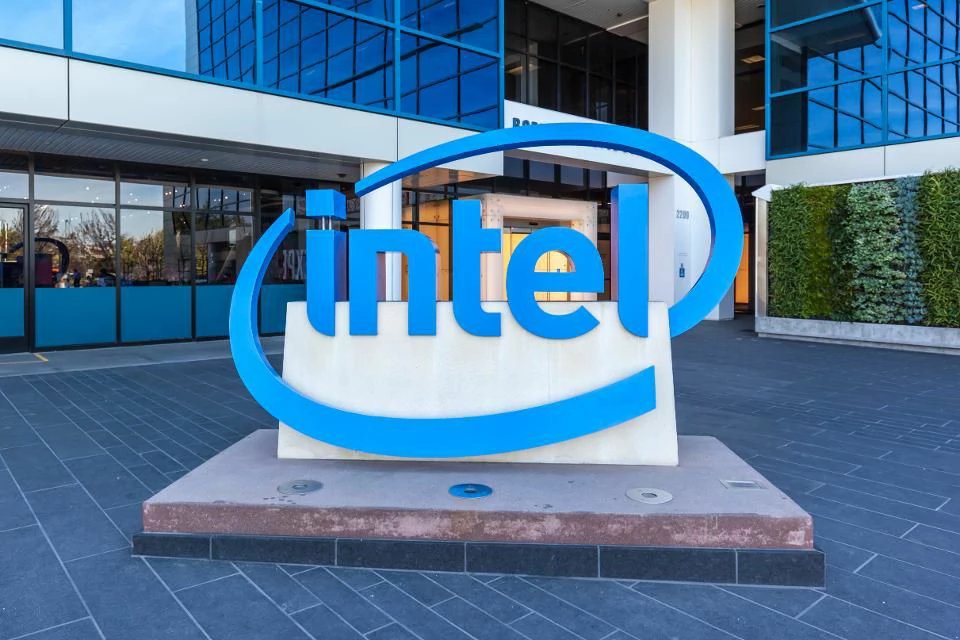
As blockchain technology continues to provide inroads for innovation, it is fitting that one of the world's leading computer hardware producers would work extensively with the technology. Intel co-sponsored a new Hyperledger project, released in late June, to simplify blockchain programming, as well as contributed to several other blockchain developments this year.
"Our main objective in our work with [the] blockchain sector is to ensure that this new workload, that is blockchain and the leading solutions in the blockchain sector, run well on Intel silicon, [CPUs/processors]," Intel's blockchain program director Michael J. Reed said in an interview with me. "We're trying to embrace the industry overall."
Intel separates its blockchain endeavors into a few different categories, such as involvement with blockchain developers and construction of open-source software, Reed explained. "We'll also work to find requirements or standards for blockchain developers, in [...] consortiums like the Enterprise Ethereum Alliance and Hyperledger."
Transact Points Toward Simplification
In terms of Intel's recent endeavors, Reed pointed toward a project announcement from Hyperledger in late June 2019. "We just recently co-sponsored a project in Hyperledger called Transact," Reed said. Transact's goal is to provide a way for programmers to work with blockchains in a more universal way that is more readily compatible.
[Transact] promises a common way to program blockchains. They call it an extensible transaction layer, so today, if I were to go program a blockchain, I need to choose the environment that I'm going to program for. If I want to program for Ethereum, for instance, I would typically pick up solidity and program in solidity so that contract could be executed in an Ethereum virtual machine."
In contrast, Transact looks to simplify the process. "What Transact foretells is a world in which there's an extensible transaction layer, such that you could program once, for Transact, and your code would run on any blockchain that supports it," Reed said. "[Transact] was co-sponsored by Intel and IBM, and it was just approved in Hyperledger and announced by them about a week ago."
Hyperledger's blog post announcement about Transact stated Intel's previous work also played a part in the development of the project. "Hyperledger Transact’s initial code was developed by Bitwise IO and Cargill, with substantial influence from Intel’s previous contributions to Hyperledger Sawtooth," the post said.
Intel Introduces 'Compute Specification'
Intel also has other fairly recent developments in its open-source division. "We've just initiated a new solution that we call the trusted compute specification, and this gives programmers a way to allow their blockchains to interact with off-chain resources," Reed said.
This would be VMs [virtual machines] that could give them more compute capability to execute their contracts faster. It could be data stores, like an ERP [enterprise resource planning] database that they want to get access to for a supply chain application or it could be sensors that they want to get access to for any number of reasons, perhaps to inform or trigger a blockchain contract."
As part of a formation within the Enterprise Ethereum Alliance, Intel revealed this operation at CoinDesk's Consensus conference in May 2019, Reed explained.
Intel Enhances Hyperledger, Privacy And Scalability
Regarding its CPUs/processors, Intel has focused on performance enhancement, collaborating alongside IBM and Hyperledger Fabric's developer community to advance Hyperledger Fabric's performance, Reed said. "We've seen a 6x performance improvement in Hyperledger Fabric running on Intel silicon over that period of time," he detailed. Intel publicized these findings in April 2019.
Intel's silicon also touts aspects capable of privacy, security and scalability advancements for developers' projects using Intel's hardware, Reed explained. "One of the key features that help[s] with those is Intel SGX, or Intel Software Guard Extensions," he said. "Intel SGX is an isolated part of our processor that can help make blockchains better" in the areas of "security, scalability and data privacy." In March 2019, Corda creator R3 unveiled a Java Virtual Machine (JVM) which operates in the SGX part of the hardware, Reed said.








